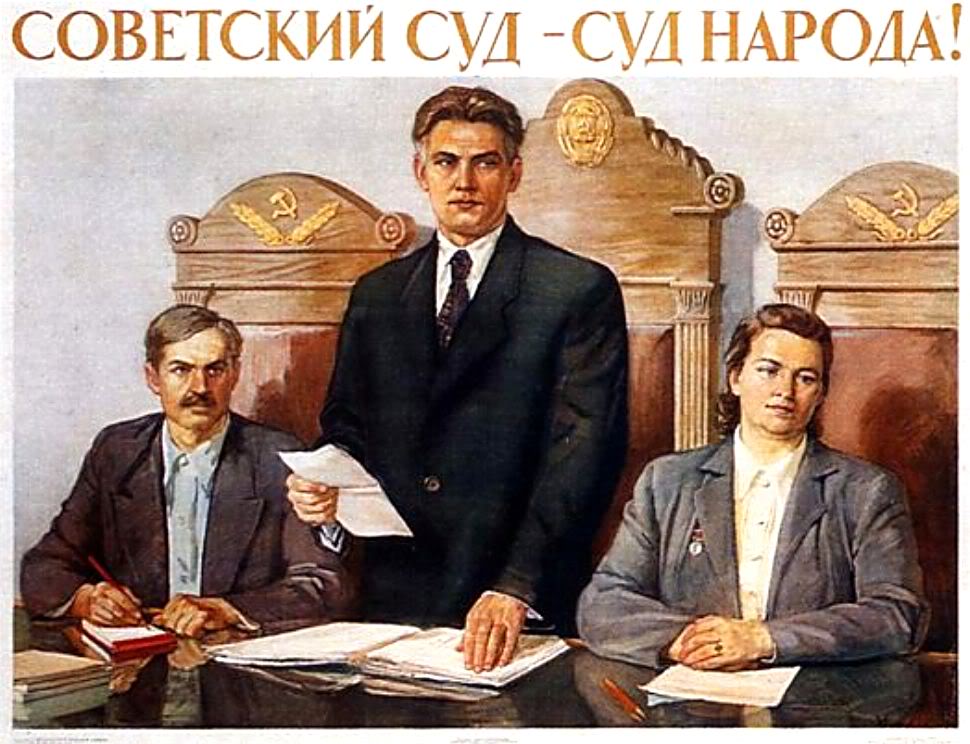Soviet Justice, International Law, and Treason Trials. Investigating the Connection between Moscow’s International and Domestic Legal Reckoning with the Second World War
Dr Franziska Exeler
International Center for the History and Sociology of World War II and Its Consequences, Higher School of Economics, MoscowApril 10, 2015 / 4.00 pm
Center for Urban History, Lviv
In the years following the Second World War, countless individuals were put on trial across the globe for their wartime activities. How did the case of the Soviet Union fit into this larger, indeed global moment of punishment, retribution and justice-seeking in the aftermath of World War II? In her talk, Franziska Exeler will discuss the connection between Moscow’s international and its domestic legal reckoning with the war, and more specifically, the connection between the Soviet Union’s significant contribution to the International Military Tribunal at Nuremberg in 1945-1946, on the one hand, and a series of domestic military trials that took place in the Soviet Union, on the other hand. These trials fell into two categories: trials of German and Japanese soldiers accused of what nowadays would be called war crimes, and trials of Soviet citizens accused of treason. Drawing on secret police, procuracy and party-state reports as well as newspaper articles and memoirs, the presentation pays particular attention to the Soviet state’s information management around these trials. Analyzing what kind of information was made publicly available and on what levels, in turn, provides important clues into how Moscow both understood and experimented with international and domestic justice.
The seminar was held in English with simultaneous translation.
Dr Franziska Exeler
is a postdoctoral fellow at the International Center for the History and Sociology of World War II and Its Consequences at the Higher School of Economics in Moscow. She received her Ph.D. in History from Princeton University and is currently working on a book titled “Wartime Ghosts. Reckoning with Nazi Occupation in the Postwar Soviet Union.”
Credits
Сover Image: Soviet social poster "Soviet court - the court of the people", 1951.
